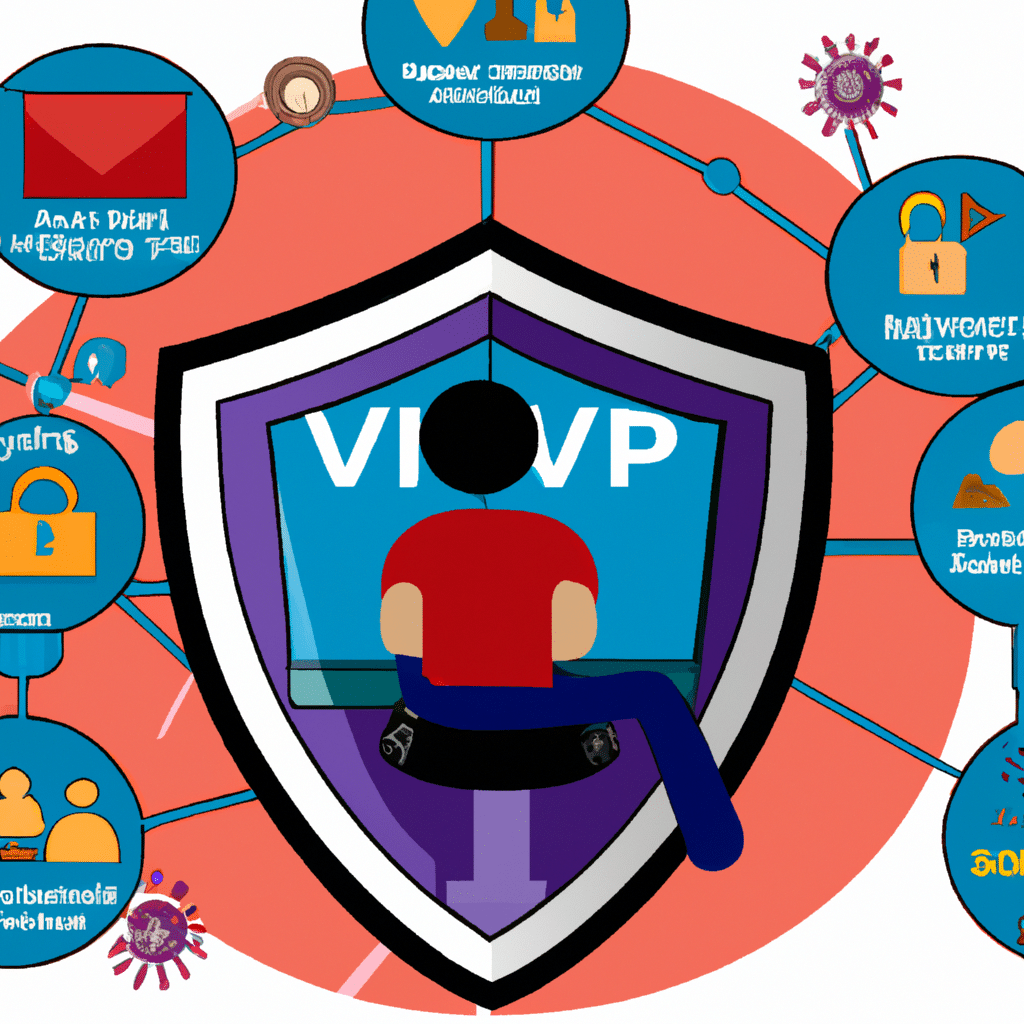How to Protect Your Computer from Malware When Using VPNs
If you are using a VPN to protect your online privacy, you may think that your security is guaranteed. However, using a VPN alone is not enough to protect your computer from malware. In fact, using a VPN can sometimes make you more vulnerable to malware attacks. In this article, we will discuss how to protect your computer from malware when using VPNs.

What is Malware?
Malware is a type of software that is designed to harm your computer or steal your personal information. It can infect your computer when you download an infected file, click on a malicious link, or visit a compromised website. Malware can take many forms, including viruses, Trojans, spyware, adware, and ransomware.
Why VPNs are Not Enough to Protect Your Computer from Malware?
VPNs are designed to encrypt your internet traffic and hide your IP address. They are great for protecting your online privacy and security. However, VPNs are not designed to protect your computer from malware. In fact, using a VPN can sometimes make you more vulnerable to malware attacks.
When you connect to a VPN, all your internet traffic is routed through the VPN server. This can make it difficult for your antivirus software to scan your traffic for malware. Moreover, some VPNs may use outdated or compromised security protocols that can be exploited by hackers to inject malware into your internet traffic.
How to Protect Your Computer from Malware When Using VPNs?
To protect your computer from malware when using VPNs, you need to take some extra precautions. Here are some tips:
1. Use a Reliable VPN
The first and foremost thing you should do is to use a reliable VPN that uses up-to-date security protocols. Look for a VPN that offers features like malware protection, DNS leak protection, and kill switch. These features can help you stay safe from malware attacks.
2. Use Antivirus Software
Using antivirus software is a must to protect your computer from malware. Make sure you have installed a reliable antivirus software on your computer and keep it updated. Your antivirus software will scan your computer for malware and remove any infections.
3. Use a Firewall
A firewall is a software or hardware that monitors and controls incoming and outgoing network traffic. It can help you block malicious traffic and prevent malware from communicating with its command-and-control server. Make sure your firewall is enabled and properly configured.
4. Keep Your Operating System and Software Updated
Keeping your operating system and software updated is crucial to protect your computer from malware. Software updates often contain security patches that fix known vulnerabilities and protect you from malware attacks.
5. Be Careful When Downloading and Installing Software
Be cautious when downloading and installing software from the internet. Make sure you download software from trusted sources and scan it for malware before installing it. Avoid downloading and installing software from unverified sources or peer-to-peer networks.
6. Use a Virtual Machine
Using a virtual machine can add an extra layer of protection to your computer. A virtual machine is a software that emulates a complete computer system, including the operating system and applications. It can help you isolate your internet traffic and protect your computer from malware.
Conclusion
Using a VPN is a great way to protect your online privacy and security. However, it is not enough to protect your computer from malware. To stay safe from malware attacks, you need to use a reliable VPN, antivirus software, firewall, keep your operating system and software updated, be careful when downloading and installing software, and use a virtual machine if possible. By following these tips, you can protect your computer from malware when using VPNs.












